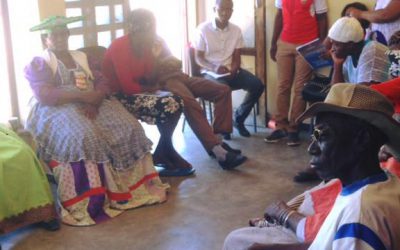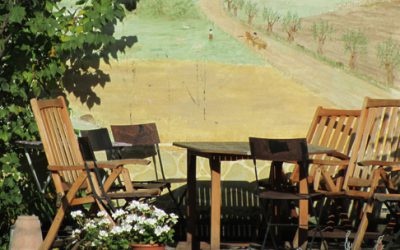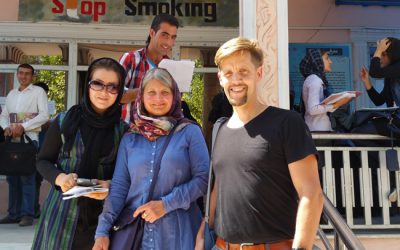The hope in Kabul remains
It is cold in December in Kabul.
We have received recent reports from our Shuhada Organization trainers from seven discussion groups working within the framework of Gender Listening Action Groups in Kabul.
The trainers meet people who seek advice regarding problems that are sometimes difficult to solve during a couple of conversations. But they can – for the most part – find the way to a solution, especially when working with friends and acquaintances. On the other hand, when they are involved in a situation that affects entire families, they are seen as outsiders. Then they can not always get involved in family matters. Or when it comes to such sensitive issues as child marriage. Most problems arise when individuals – or married couples – oppose the family patterns that are deeply rooted in the traditional, conservative culture. The pressure comes from both – often the elderly – family members and from the environment.
A special attitude is required towards people with drug problems and their relatives.
The work continues
The trainers have created several “individual groups” when the members meet in pairs. From the beginning, our idea was to have slightly larger groups, but it has proved difficult to create sufficient security in them.
The educators also use chat to broaden opportunities for contact within the group.
We are proud of the work that these brave students do in Kabul in our project. It feels hopeful, despite the cold.
Categories
Search site
Categories
About us
Our theme will take your workflow to all-new levels of high productivity. We know you’ll find everything you need – and more!
Subscribe to newsletter
[contact-form-7 id=”4151″ title=”Subscribe Form”]


